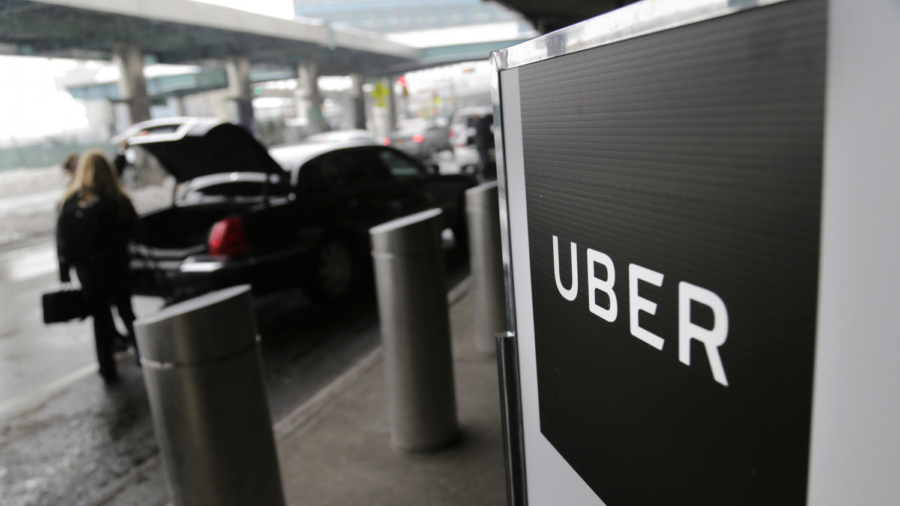The Justice Department (DOJ) has dropped its probe into whether Uber Technologies Inc. violated the Foreign Corrupt Practices Act, the ride-sharing company said on Monday.
The DOJ opened an investigating in 2017 into whether managers at Uber violated U.S. laws against bribery of foreign officials, specifically the Foreign Corrupt Practices Act (FCPA). The probe focused on allegations of improper payments in Indonesia, Malaysia, China, and India.
In a prospectus published in May 2019, the company said, “We received requests from the DOJ in May 2017 and August 2017 with respect to an investigation into allegations of small payments to police in Indonesia and other potential improper payments in other countries in which we operate or have operated, including Malaysia, China, and India,” the prospectus said. It added that the company was cooperating with the investigation.
But on Monday, Uber announced that the department has dropped its probe and would not be pursuing FCPA charges against the company.
“The Fraud Section of the U.S. Department of Justice’s Criminal Division recently informed the company that the Fraud Section has closed its inquiry and will not be pursuing enforcement action against the company in relation to … possible violations of the Foreign Corrupt Practices Act,” the company announced in the K-8 filing.

Under the U.S. Foreign Corrupt Practices Act, it is unlawful for U.S. companies to make payments to foreign government officials in order to obtain and maintain business there.
The drop of the probe comes as the San Francisco-based company completed an acquisition of Careem Networks FZ., a Middle Eastern ride-share company. The company will be able to operate in Egypt, Jordan, Saudi Arabia, and the United Arab Emirates, where the acquisition was approved. Uber is still seeking regulatory approval in Pakistan, Qatar, and Morocco, the company said.
CEO Dara Khosrowshahi said in a statement: “Working in parallel. Our two platforms will be able to build upon the unique strengths of each, to the benefit of drivers, riders, and the cities we serve across the greater Middle East.”
Reuters contributed to this report.

